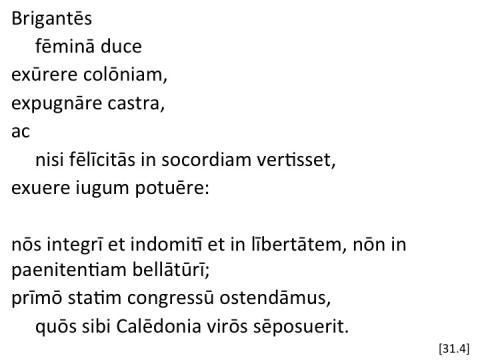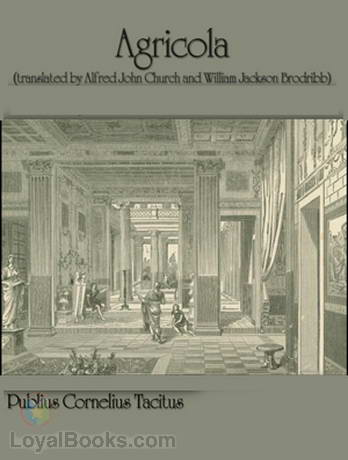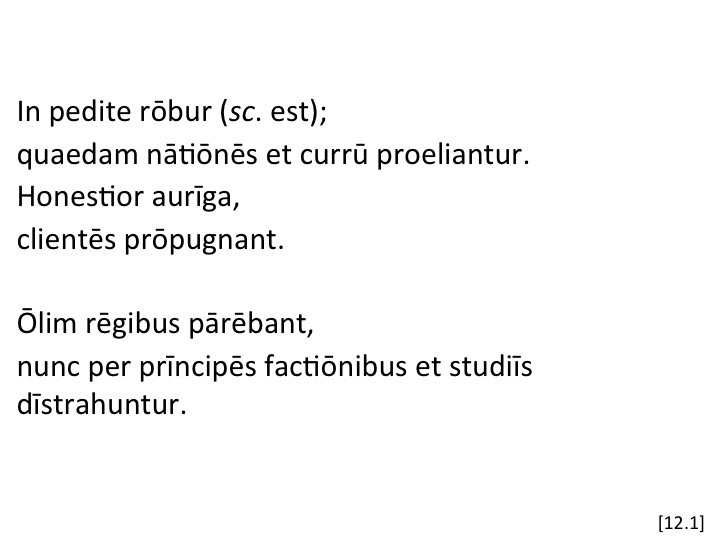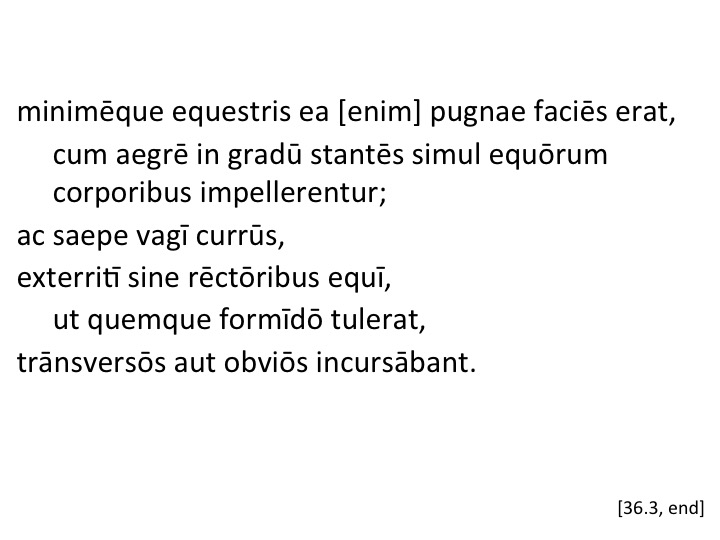

Excepting a few temporary successes, these years were signalized by the most disastrous reverses which Rome had sustained since the defeat of Varus in 9 A.D.

and culminated about the years 85-88, the final subjugation of the Dacians, however, not occurring till the reign of Trajan. These conflicts began as far back as 81 A.D. 6, for the story of Domitian's reign in Tacitus's Histories has not come down to us. (Pearce) for the narrative of these events along the lower Danube, we are all but wholly dependent upon Dio Cass. 85, and won two great victories in this year and the next. The Dacians, under their king Decebalus, invaded Moesia in A.D. Moesiā Dāciāque: joined closely by -que as forming together one threatened part of the empire. Silērī: “to be ignored.” Rare with persons. Laudantēs = laudatores, “flatterers.” (Gudeman)Įt : “and indeed ” it adds a statement strongly confirmatory of the last sentence. Inimīcōrum genus laudantēs: thereby the jealousy of Domitian was increased. Pessimum … genus: in apposition to laudantes. See note on 45.4, parentis erepti, and note on 11.2. prīnceps: the stress of meaning falls on the participle or adjective, and should be brought out in English by means of two nouns, "hurt done to any one," "hostility of the prince" the Latin substantive being rendered in our English idiom by the dependent and defining substantive. The repeated absens lays a bitter emphasis on the arbitrary nature of Domitian's rule. not by legal procedure, but by whispered insinuations in Domitian's ear. Overview: Agricola repeatedly becomes the object of accusation defeats inflicted on Roman arms create a popular demand for his services as leader the notoriety thus thrust upon him puts him in jeopardy. Sīc Agricola simul suīs virtūtibus, simul vitiīs aliōrum in ipsam glōriam praeceps agēbātur.

Quibus sermōnibus satis cōnstat Domitiānī quoque aurēs verberātās, dum optimus quisque lībertōrum amōre et fide, pessimī malignitāte et līvōre prōnum dēteriōribus prīncipem extimulābant.

Ita cum damna damnīs continuārentur atque omnis annus fūneribus et clādibus īnsignīrētur, poscēbātur ōre vulgī dux Agricola, comparantibus cūnctīs vigōrem, cōnstantiam et expertum bellīs animum cum inertiā et formīdine cēterōrum. Et ea īnsecūta sunt reī pūblicae tempora, quae silērī Agricolam nōn sinerent: tot exercitūs in Moesiā Dāciāque et Germāniā et Pannoniā temeritāte aut per ignāviam ducum āmissī, tot mīlitārēs virī cum tot cohortibus expugnātī et captī nec iam dē līmite imperiī et rīpā, sed dē hībernīs legiōnum et possessiōne dubitātum. Causa perīculī nōn crīmen ūllum aut querēla laesī cuiusquam, sed īnfēnsus virtūtibus prīnceps et glōria virī ac pessimum inimīcōrum genus, laudantēs. Crēbrō per eōs diēs apud Domitiānum absēns accūsātus, absēns absolūtus est.


 0 kommentar(er)
0 kommentar(er)
